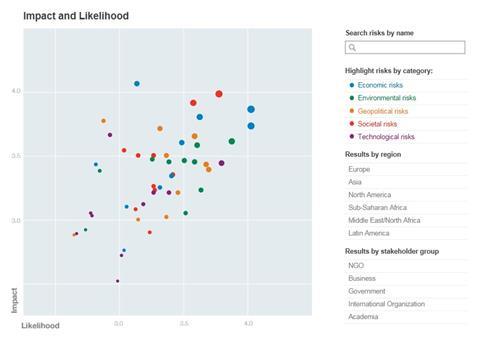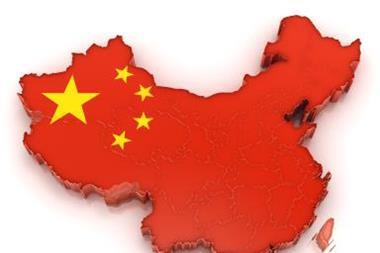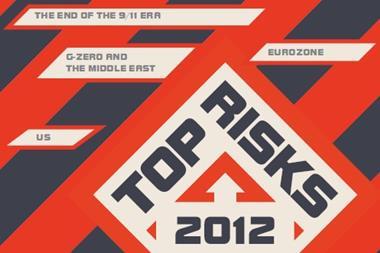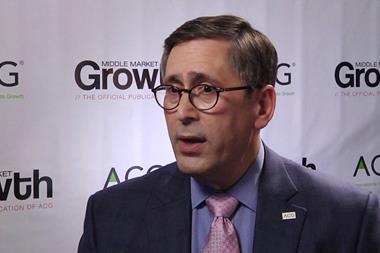WEF Global Risks 2012 says social inequality, unsafe regulations and cyber neo-tribalism are the top risk management concerns

The world is vulnerable to further economic shocks and social upheaval, which could undermine the progress of globalisation, warned the World Economic Forum (WEF), in the seventh edition of its annual Global Risks Report.
Chronic fiscal imbalances and severe income disparity are the top risks over the next ten years, said the WEF at a press conference in London today (January 11).
These risks are also drivers of nationalism, populism and protectionism at a time when the world remains vulnerable to systemic financial shocks.
“For the first time in generations, many people no longer believe that their children will grow up to enjoy a higher standard of living than theirs,” said Lee Howard, the World Economic Forum managing director. “This new malaise is particularly acute in the industrialised countries that historically have been a source of great confidence and bold ideas.”
Global Risks 2012 analysed three major risk scenarios:
1. Seeds of Dystopia: “Demographic and fiscal trends are colliding to create serious risks for us,” said John Drzik, chief executive officer of Oliver Wyman. Some of these risks, such as retirement savings provision, are amplified by progress in other areas, such as improvements in healthcare that cause people to live longer, he said. Bulging populations of young people with few prospects, growing numbers of retirees depending on debt saddled states (stoking fiscal imbalances) and the expanding gap between the rich and poor are all fuelling resentment worldwide.
2. Unsafe safeguards: “We need better safeguards that are anticipatory and dynamic,” said David Cole, chief risk officer at Swiss Re. “Some of our regulations have traditionally been prescriptive, over complicated, inadequate, fragmented and too slow to respond to the accelerated pace of change.”
3. The dark side of connectivity: “The way the world is connected is a major force and a major risk driver,” said Steve Wilson, chief risk officer for General Insurance at Zurich. “The Arab Spring demonstrated the power of interconnected communications services to drive personal freedom, yet the same technology facilitated riots in London. Governments, societies and businesses need to better understand the interconnectivity of risk in today’s technologies if we are truly to reap the benefits they offer.”




















No comments yet